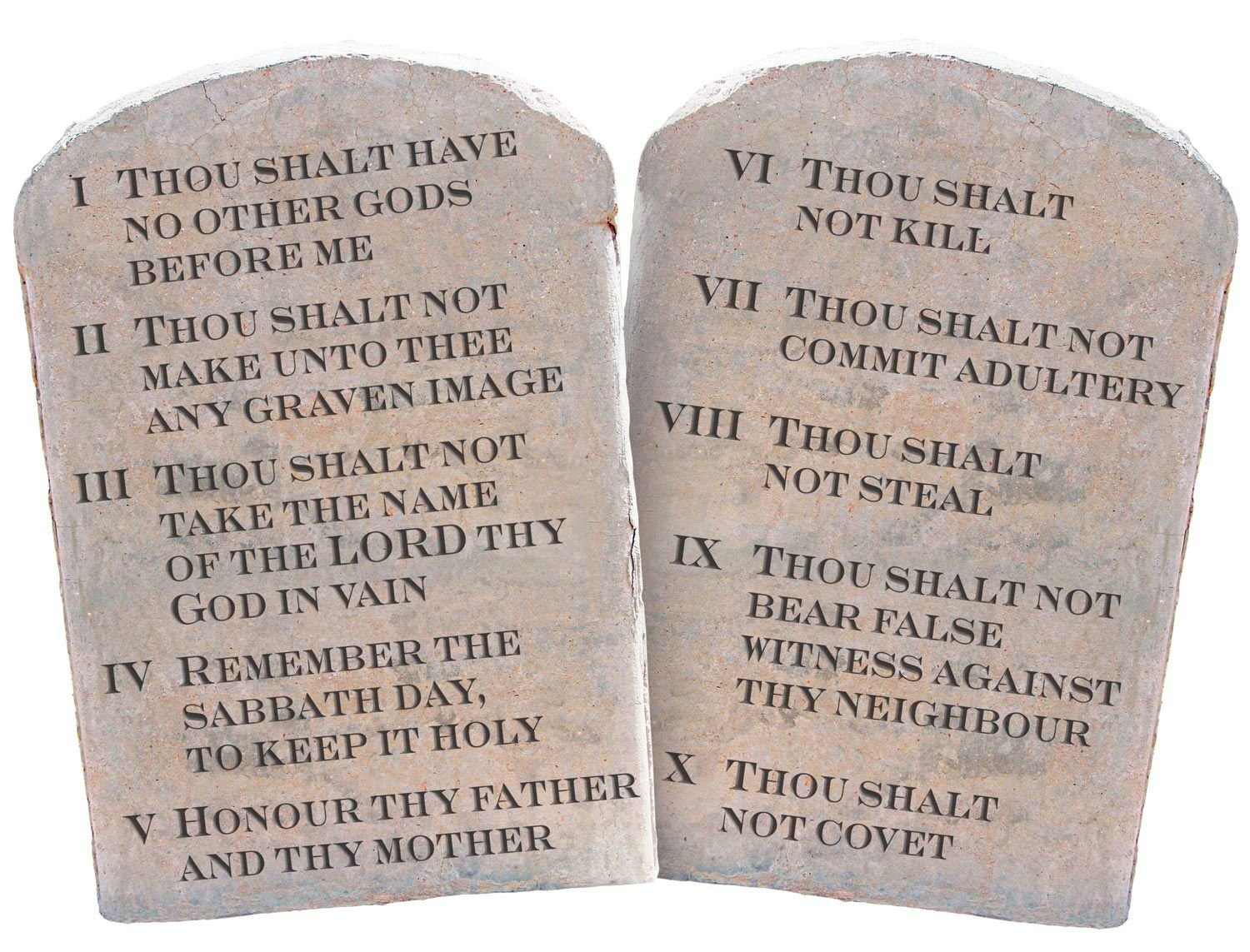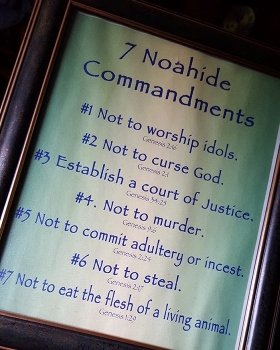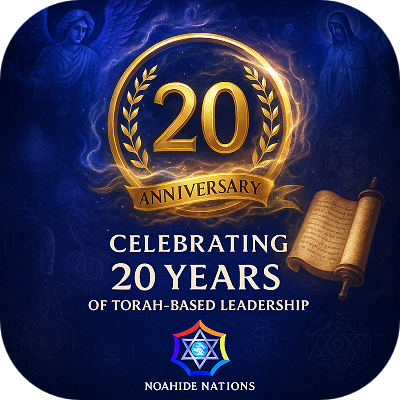
OR

Introduction to God's Instructions to Mankind II
Misconceptions & Tragic Histories
Judaism is greatly misunderstood. Admittedly, Judaism appears strange when compared to other faiths. Whereas Christianity, Islam, and other religions seek adherents, and openly preach and proclaim the trueness of their faiths, Judaism appears to do the opposite. It seems turned in on itself and quietly unconcerned with the spiritual well being of non-Jews. Judaism also seems, to the outsider, to be preoccupied with the minutiae of obscure law. This has given rise to the myth that Judaism is a religion of “justice,” devoted to the worship of a “vengeful God.”
These misconceptions are, for the most part, the result of an 1800 year campaign of marketing and persecution by the Church who sought to replace the original Torah with their own ideology.
The Christian world invested tremendous effort in quashing Torah teachings and Jewish thought. They subjected Jews to persecution, exile, torture, and even death. Jews were forced into ghettos and frequently prohibited from teaching or printing Torah thought and teachings. As the oppressors outlawed Jewish and non-Jewish interaction, they simultaneously accused the Jews of being separatist and aloof. As the persecutors locked the Ghetto gates, they accused the Jews of being secretive and insular.
Persecution formed the basis for a propaganda that only fueled further harassment and discrimination. This condition was the norm for most of the Jewish world until only 70 years ago.
Since after the Holocaust, Jews have enjoyed religious freedom unlike anything experienced for the past 2000 years. With the decline of official oppression and discrimination, it is only now that Judaism can be discussed, studied, and taught freely.
Jews & Non-Jews
Judaism is not unconcerned with non-Jews, nor is it aloof to the spiritual needs of the world at large. For the past 2000 years, however, these matters could not be discussed openly in any meaningful way. It is only recently that the Jewish community has been able to freely discuss the Torah’s vision of the world. It is not a vision for Jews alone, but a vision for all mankind.
At Sinai the Torah was revealed and given to the Jewish people. It sealed the covenant between the Jewish people and the Creator of the universe. However, the Sinaitic covenant was neither the first nor the only agreement stuck between God and man. As testified to within the Torah itself, God established covenants with Adam and Noah.
Today, the Torah provides for two ideal relationships with God. One is that of the Jew, known as Judaism, governed by the covenant of Sinai. The other is that of the gentile, originally1 governed by the covenants of Noah and Adam, known as the Noahide covenant.
Summary of This Lesson
1.At Sinai, God gave the Torah to the Jewish people, entrusting them with 613 divine commandments. At the same time God reaffirmed through Moses that the 7 Laws of the Children of Noah still applied to all of mankind.
2.The Torah is therefore a divine revelation not only for the Jewish world,but also for the non-Jewish world with regard to the 7 Laws of the Children of Noah.
3.Although the creation of the world and the giving of the Torah were acts of love, this does not preclude the role of law.
4.The mitzvos – divine commandments – give shape and direction to our expressions of love and worship of God, while they also inform us as to God’s will.
5.Although the 7 Laws of the Children of Noah are a fundamental part of Torah thought, they have not been discussed or taught much in the past1800 years. This is largely the effect of persecution and ghettoization,which limited interactions with non-Jews and the restrictions placed on the study and teaching of Torah.



